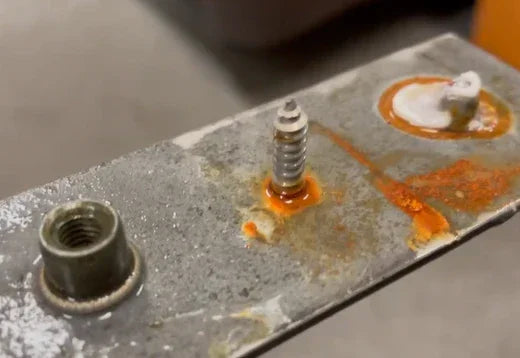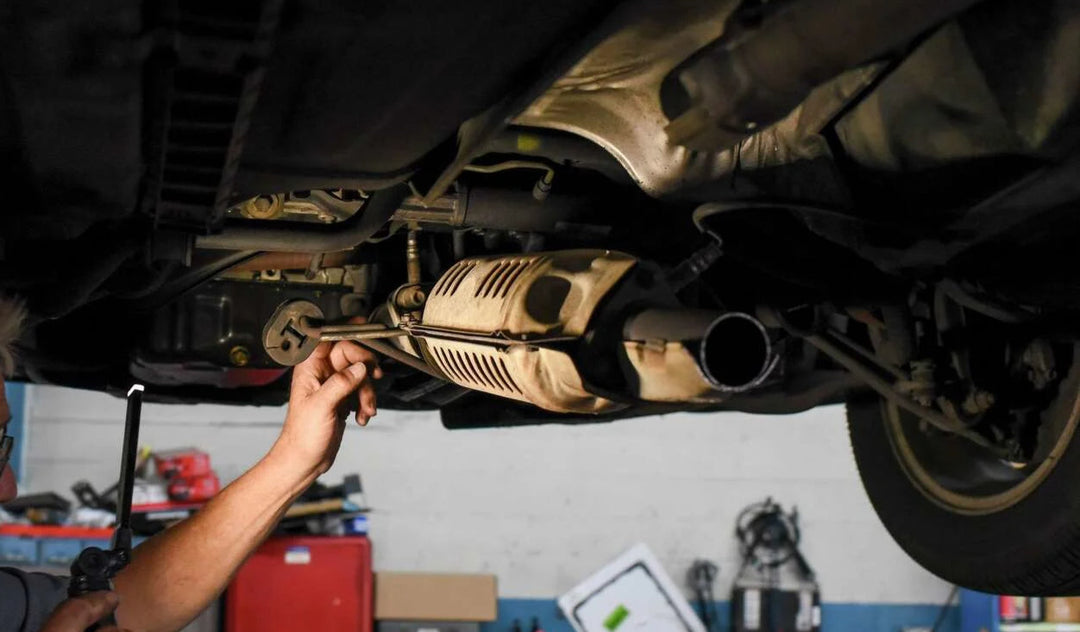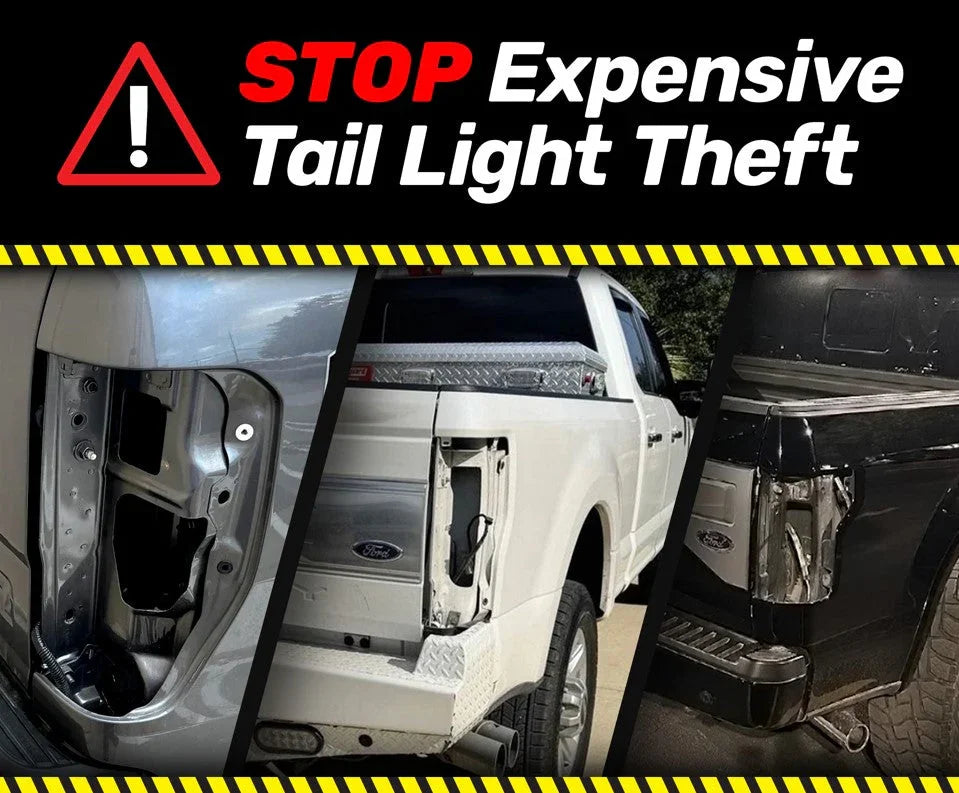The post image displays what galvanic corrosion can do to a rivet and stainless steel screw vs a zinc coated rivet nut. The zinc coated rivet nut on the left remains structurally sound while the aluminum rivet on the right is almost completely corroded.
We use the best hardware available for all our Cat Shield™ designs including a replacement hardware kit for Prius C and more. A major difference between our shields and the competition is that we use rivet nuts (aka, nutsert, rivnut, blind rivet nut) whenever needed.
These are the reasons why we use rivet nuts for your Cat Shield instead of rivets
- Rivet nuts are a tubular, threaded, blind nut, that allows the user to have a threaded hole to install and uninstall parts. It is an ideal hardware to use when you need to attach components together and is popular in the aerospace, automotive, appliance, bicycle, marine, and military industries. It is a stronger and more versatile fastening hardware than rivets.
- Our rivet nuts allows the user to know that when it comes to do any maintenance of their vehicle, they can safely remove the shield and install it again with the use of a tamper-proof security bit. If you have an older vehicle, the chances are you will need to replace the O2 sensors or even the catalytic converter (due maintenance issues, not theft). However, a rivet or one way screw is not designed to be removed and becomes a huge issue when you're trying to remove a part.
- We use zinc-coated rivet nuts which protects your vehicle from galvanic corrosion. When dissimilar metals (like aluminum and steel) come into contact (even if they have anti-corrosion properties), they produce an electrochemical process called galvanic corrosion, which prematurely corrodes the metal. Zinc coated rivet nuts acts as a protective buffer between different metals and mitigates the corrosion process. Internal testing has shown that aluminum rivets on steel plates in a saline solution will practically disintegrate, while the zinc coated rivet nut maintains its structure and demonstrates minimal corrosion.
It is clear that the rivet nut is a far superior technology with advantages in utility, structure, and anti-corrosion effects. While it is not as well known to all installers, many body shops, custom fabrication shops, and auto repair shops have or know how to install a rivet nut. The application is identical to a rivet, but it just requires a rivet nut tool to do the job. There are simply DYI solutions, affordable rivet nut tools, and more industrial pneumatic tools out there.
Our list of installers is here to help you find someone that has installed our shields. While it may take a few more calls to find an installer with a tool, you will save money at the end when it comes time to remove the shield for maintenance. You will also have the peace of mind knowing that your shield will not be weakened by galvanic corrosion.
We at Miller CAT will only use the best components and hardware for all our applications. We design our products with answers to questions you may not even thought of, such as 'how do I take the shield off' or 'will my Cat Shield corrode?'





